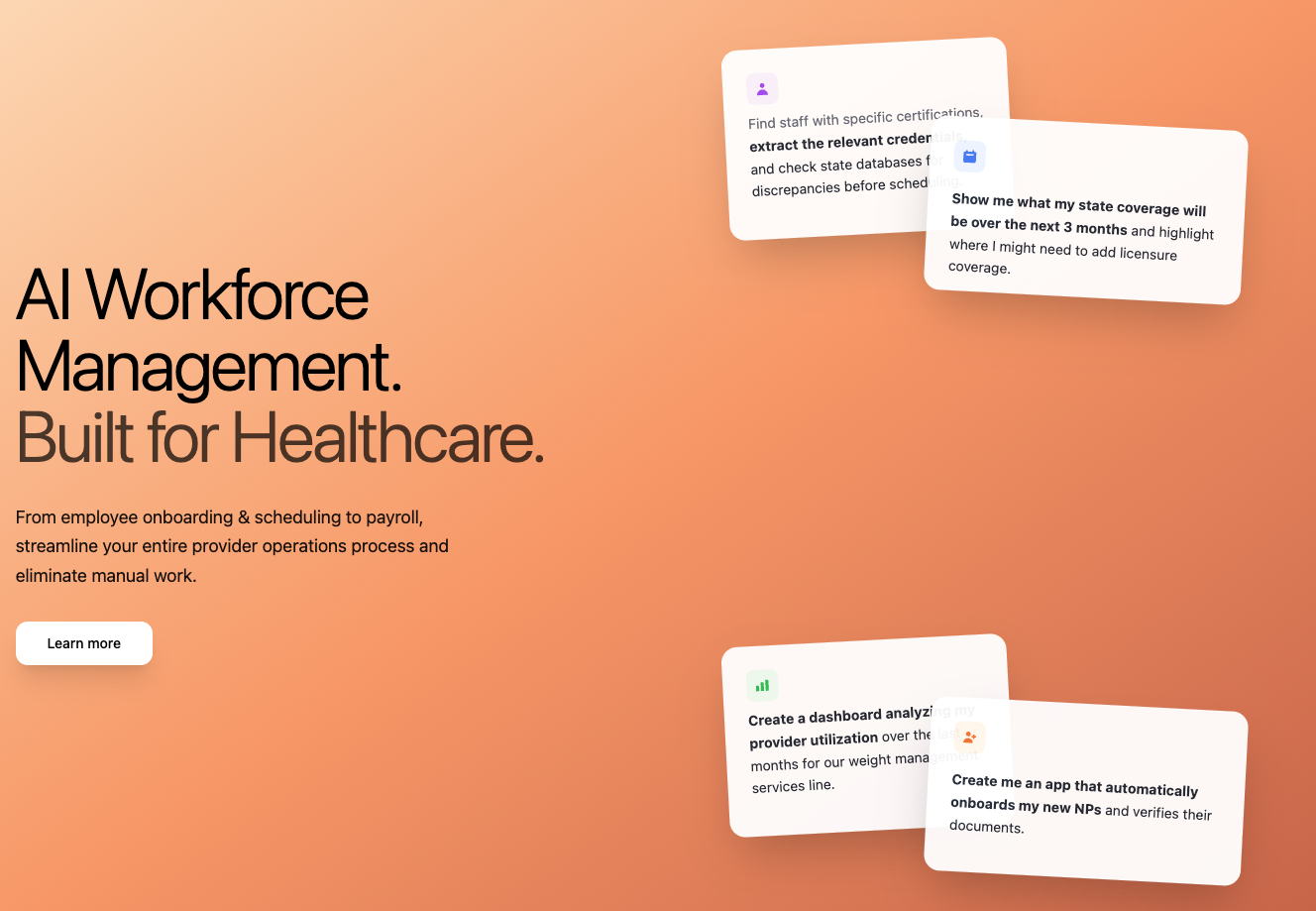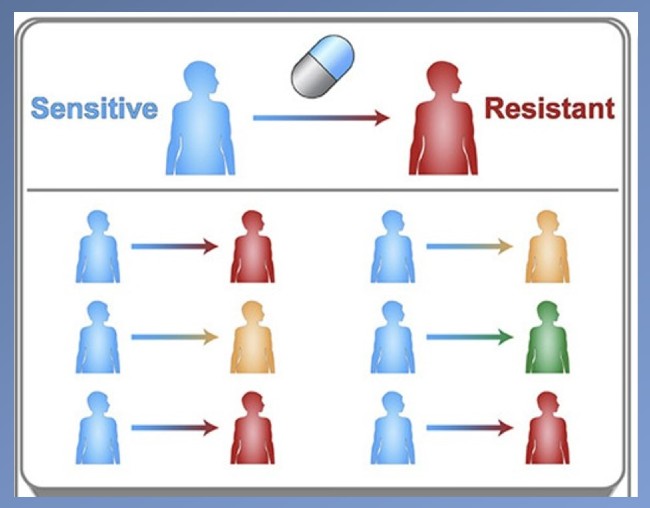Scared by uncertainty? Extraordinary change? You are not alone. Both managers and employees struggle in the new world of work.
The volatile and challenging workplace and economy are a struggle for most of us.
After surveying more than 400,000 employees over the past 5 years, Gallup identified these 7 trends:
- The shift towards remote and hybrid work
In 2019, the majority of remote-capable employees, whose jobs could be performed at least partially from home, worked solely on-site (60%)
Today, more than four in five of these employees have some degree of remote flexibility with:
- 55% functional hybrid
- 26% exclusively remote
- 19% exclusively in person
- Declining employee engagement
After years of improvement, employee engagement worsened in 2021. By 2024, the percentage of employees engaged at work fell to its lowest level in 10 years.
One of the elements that has decreased the most is that employees know what is expected of them at work. In 2019, 55% of employees knew perfectly well what was expected of them. This figure plummeted when the pandemic hit and fell to a new all-time low in 2024 (44%).
- The crisis of well-being and mental health
Since 2020, employee life evaluations have steadily declined to an all-time low in 2024, along with a decline in mental health and an increase in daily negative emotions.
Gallup’s Life Assessment Index shows that in 2019, 60% of employees were thriving, but by 2024, that number dropped to 50%.
Record levels of negative emotions, such as stress and worry, have driven declines in well-being and mental health at work.
- Focus on wellness doesn’t work
Gallup’s March 2024 survey of 151 chief human resources officers (CHROs) at large companies reveals that well-being is among the top organizational priorities this year for one in four CHROs (23%).
At the beginning of 2024, only 21% of employees strongly agreed that their organization cares about their overall well-being, matching an all-time low. That percentage remains just above that mark today.
One of the most important factors influencing employee well-being is the quality of management. For example, when employees are engaged at work, they have 42% less stress than actively disengaged employees.
- More managers want to leave
As the challenges of leading teams in the new workplace continued to increase, managers became less engaged, burned out, and more likely to quit than the people they managed. In 2024, 55% of managers will actively look for a new position, up from 45% in 2019.
This is bad news for everyone because managers play an important role in the success of their team.
- Change leadership needs improvement
At the start of Covid, 55% of employees felt their managers communicated the implications of the crisis and how the company would respond. Post-Covid, only 22% feel their leaders have clearly communicated their plans and priorities going forward.
When organizations clearly communicated these plans, employees:
- 4.3 times more prepared to do their job
- 8.7 times more likely to trust their leaders
- 10.2 times more likely to feel comfortable with the changes taking place
- Loss of respect in the workplace
Civility in the workplace has declined in recent years. Drops in employee engagement and well-being suggest widespread discontent across the workforce, which can contribute to employees feeling disrespected. In 2020, 44% of employees strongly agree that they are treated with respect, but this figure fell to 37% in 2024.
Remote-capable workers forced to return to site reported the largest decrease in feelings of respect, falling from 46% to 35%.
These insights show the constant need to develop our personal and team care, security, and resilience. Teams where we support each other, enjoy working together and care about each other.
How we can help:
Graeme Cowan is an author and speaker on team-based care and resilience. He is also a founding director of the board of directors of RU OK? and host of The Caring CEO podcast.
We help managers accept that self-care is not selfish and learn to care about each other, support each other, and enjoy working together.
Graeme Talking Points.



